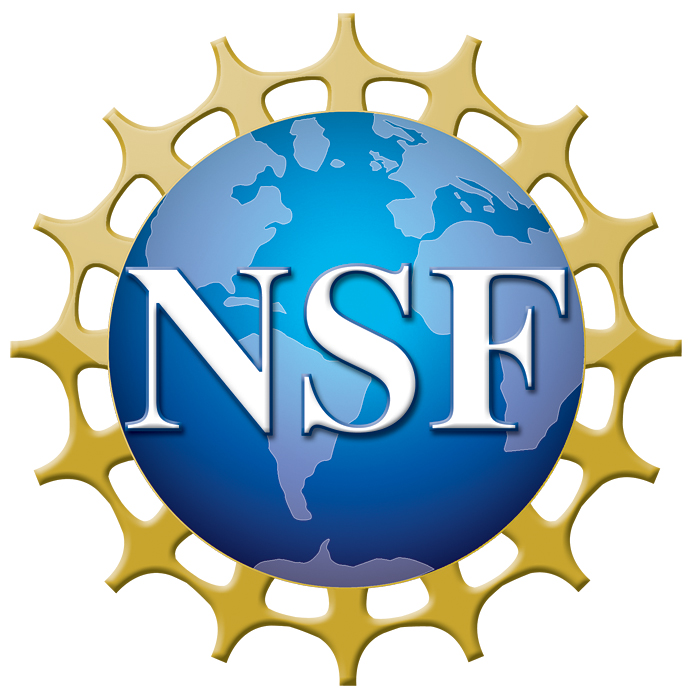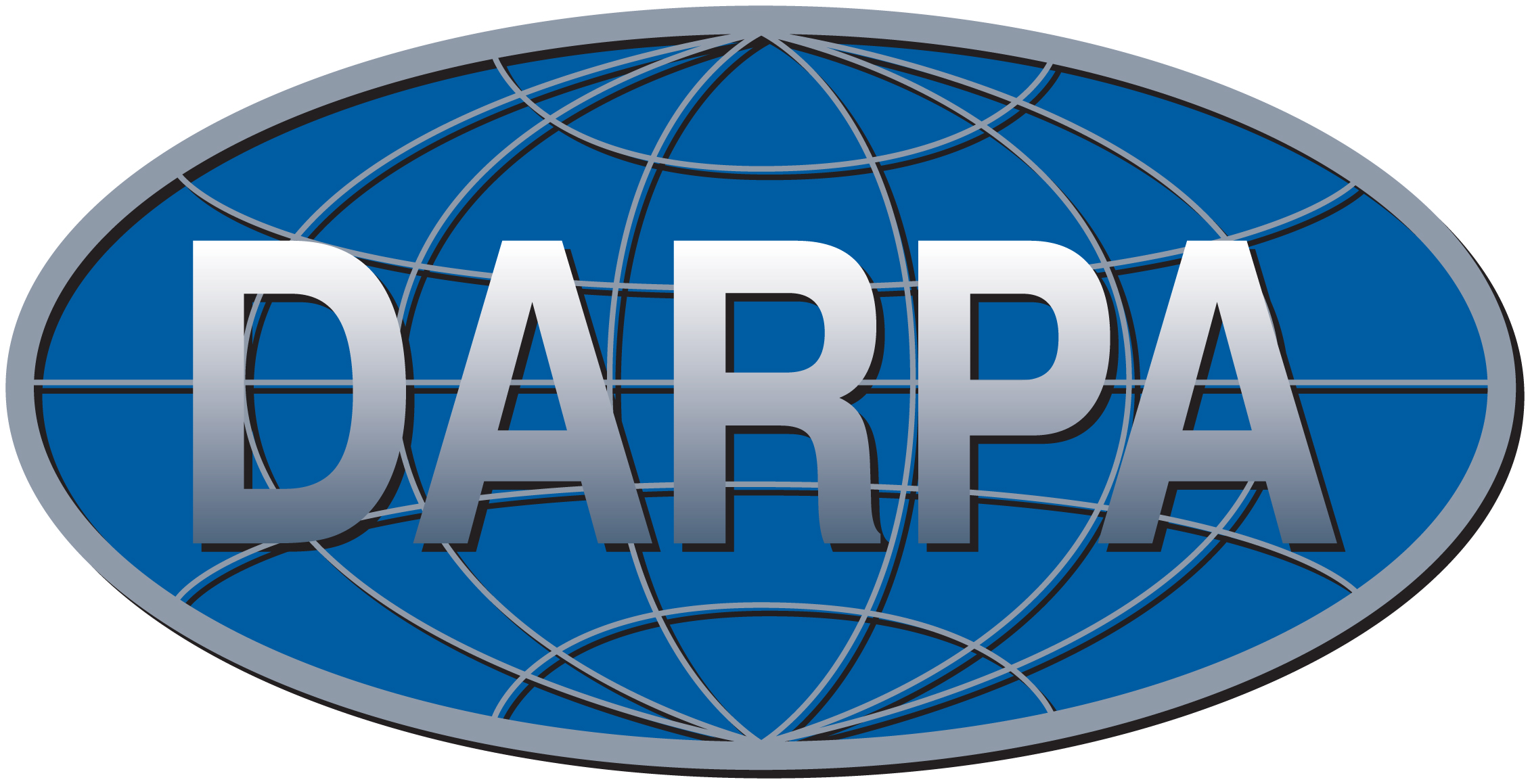SWIFT: Narrowband-Friendly Wideband
Networks

overview
Wideband technologies in the unlicensed spectrum can satisfy the
ever-increasing demands for wireless bandwidth created by emerging
rich media applications. The key challenge for such systems, however,
is to allow narrowband technologies that share these bands (say,
802.11 a/b/g/n, Zigbee) to achieve their normal performance, without
compromising the throughput or range of the wideband network.
This project presents SWIFT, the first system where high-throughput
wideband nodes are shown in a working deployment to coexist with
unknown narrowband devices, while forming a network of their own.
Prior work avoids narrowband devices by operating below the noise
level and limiting itself to a single contiguous unused band. While
this achieves coexistence, it sacrifices the throughput and operating
distance of the wideband device. In contrast, SWIFT creates highthroughput
wireless links by weaving together non-contiguous unused
frequency bands that change as narrowband devices enter or leave
the environment. This design principle of cognitive aggregation
allows SWIFT to achieve coexistence, while operating at normal
power, and thereby obtaining higher throughput and greater operating
range. We implement SWIFT on a wideband hardware platform, and
evaluate it in the presence of 802.11 devices. In comparison to a
baseline that coexists with narrowband devices by operating below
their noise level, SWIFT is equally narrowband-friendly but achieves
3.6−10.5× higher throughput and 6× greater range.
papers
Learning to Share: Narrowband-Friendly Wideband Wireless Networks,
Hariharan Rahul, Nate Kushman, Dina Katabi, Charles Sodini, and Farinaz Edalat,
ACM SIGCOMM, 2008. PDF
people
Hariharan Rahul
Massachusetts Institute of Technology
Nate Kushman
Massachusetts Institute of Technology
Dina Katabi
Massachusetts Institute of Technology
Charles Sodini
Massachusetts Institute of Technology
Farinaz Edalat
RKF Engineering Solutions, LLC




